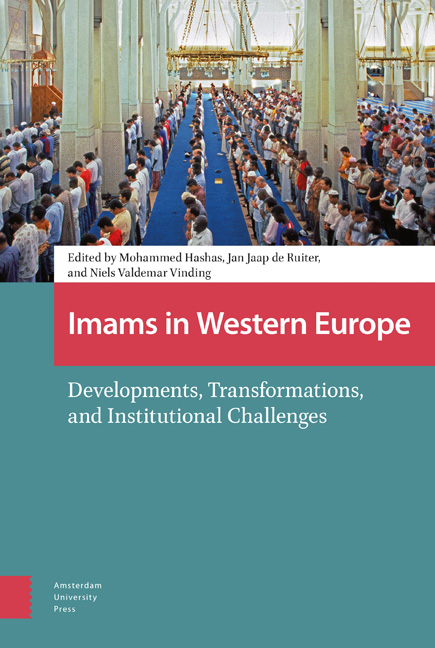4 - Islams in Europe: Satellites or a Different Universe?
Published online by Cambridge University Press: 06 January 2021
Summary
Abstract
This chapter examines the process of adapting organized Islam to the institutional needs of the modern state. The adaptation processes that Islam is currently undergoing in Europe are compared to similar developments in the history of the Catholic Church.
Keywords: Islam in diaspora, Seminaries, church-state relationship, Catholic Church, United States
Introduction
The process of adapting organized Islam to the institutional needs of the modern state in Europe is happening less than a century after the agreements between the Catholic Church and the European states, and two centuries after that of Judaism. However, Islam cannot really be considered late if we take into account the great number of Muslim-majority countries that endured colonial continuity after the withdrawal of the Ottoman Empire, with the arrival of the French, British, and Italian Empires. Only through national independence has Islam begun to find a role in state institutions, a process that has become clearer through the pressure for democratization. This chapter compares the adaptation processes that organized Islam is currently undergoing in Europe with similar developments in the Catholic Church in the nineteenth-century United States.
The Muslim diaspora
The democratization of Islamic nation-states is happening at the same time as the migration that has given birth to an overseas diaspora. We are thus witnessing the natural reaction of the older centres of Islamic religious authority to the appearance of new demographic groups. For example, there is growing investment by the capital cities of origin countries in the construction of monumental mosques in Europe for the use of their diaspora (Fuess, 2007). There is a range of training programmes for imams that are adapted to the language and culture of the European destination countries. And we can see the beginnings of hierarchical structures of ulama that are adapted to everyday life in Europe, of which the European Council of Moroccan Ulema is a prime example. In the past, these efforts were mostly uncoordinated and eclectic – and they still do not always manage to meet the actual demand for infrastructure and religious authority to respond to daily life. As of yet, none play the role of the ministry of waqf or traditional habous (‘religious endowments’) in Muslim-majority countries.
- Type
- Chapter
- Information
- Imams in Western EuropeDevelopments, Transformations, and Institutional Challenges, pp. 69 - 78Publisher: Amsterdam University PressPrint publication year: 2018



